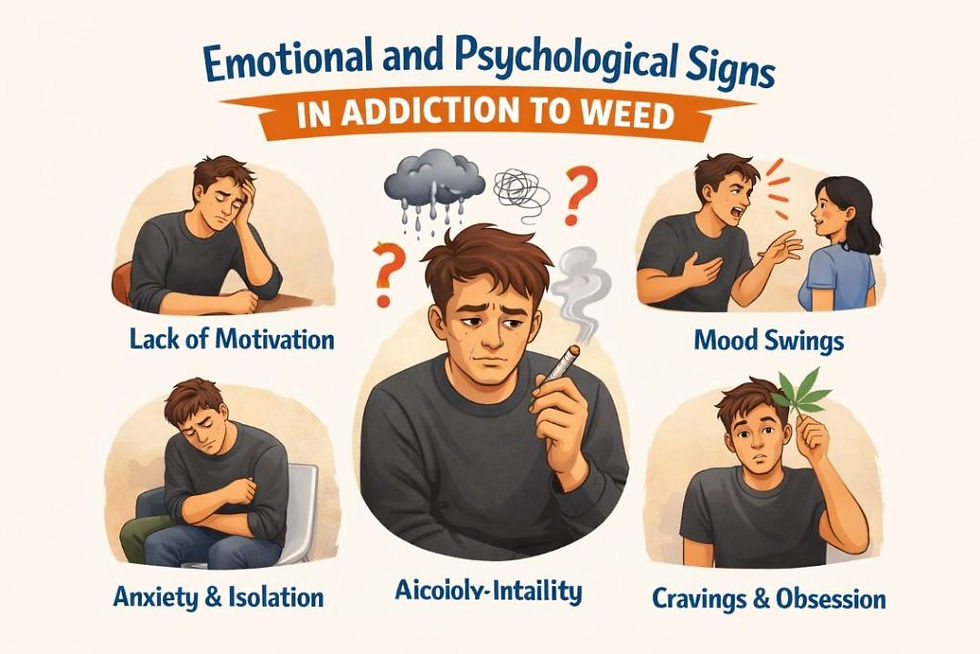Painkiller Rehab Program: Break Free from Addiction
- Felicia Parris

- Sep 18, 2024
- 3 min read
In recent years, the misuse of prescription painkillers has become a significant public health concern. While these medications are effective for managing pain, they are highly addictive, leading many people down a dangerous path of dependence and addiction. If you or someone you care about is struggling with painkiller addiction, seeking professional help through a Painkiller Rehab Program is essential for long-term recovery.

Understanding Painkiller Addiction
Painkillers, also known as opioids, are prescribed to relieve moderate to severe pain. Common opioids include oxycodone, hydrocodone, and fentanyl. While they provide pain relief, they also carry a high risk of abuse. Painkillers work by binding to opioid receptors in the brain, producing feelings of euphoria in addition to pain relief. Over time, the body builds a tolerance, requiring higher doses to achieve the same effect, often leading to dependency.
Opioid addiction is complex, affecting not only physical health but also emotional and mental well-being. The psychological grip of painkillers can make quitting difficult without professional intervention, leading many individuals to seek treatment through a Painkiller Rehab Program.
Signs of Painkiller Addiction
Recognizing the signs of painkiller addiction is the first step toward getting help. Common symptoms include:
Increased tolerance: Needing higher doses of the medication to feel the same level of relief or euphoria.
Withdrawal symptoms: Experiencing nausea, anxiety, sweating, or muscle pain when reducing or stopping the medication.
Doctor shopping: Visiting multiple doctors to obtain more prescriptions or seeking illegal sources.
Neglecting responsibilities: Avoiding work, family, or social obligations due to painkiller use.
Isolation: Withdrawing from friends and family to hide the extent of drug use.
If you or someone you know is showing these signs, it may be time to consider the benefits of a Painkiller Rehab Program.
Treatment Approaches in a Painkiller Rehabilitation Program
Treatment typically involves a combination of medical care and psychological therapies tailored to your needs.
Detoxification: The first step in any painkiller rehab program is detox. This medically supervised process helps rid the body of opioids while managing withdrawal symptoms. Medications like methadone or buprenorphine may be used to ease symptoms and reduce cravings.
Behavioral Therapy: Cognitive Behavioral Therapy (CBT) is one of the most effective treatments for opioid addiction. CBT helps patients identify and change negative thought patterns and behaviors, replacing them with healthier coping mechanisms.
Group Therapy: Connecting with others who share similar struggles can be incredibly empowering. Group therapy sessions offer a safe space to share experiences, gain support, and build a network of accountability.
Holistic Therapies: Many rehab programs offer holistic treatments like yoga, meditation, and acupuncture to support overall well-being and help reduce stress during recovery.
Take the First Step Toward Recovery
Painkiller addiction may seem overwhelming, but help is available. At DeLand Treatment Solutions, our Painkiller Rehab Program offers comprehensive care for individuals battling opioid addiction. Our experienced team will guide you through every recovery phase—from detox to aftercare—ensuring you have the support and tools needed for long-term success.
Don’t wait any longer to get help. If you or a loved one is struggling with painkiller addiction, reach out to DeLand Treatment Solutions and call us today at (386) 866-8689. Learn more about our Painkiller Rehab Program and take the first step toward a healthier, drug-free future.



Comments